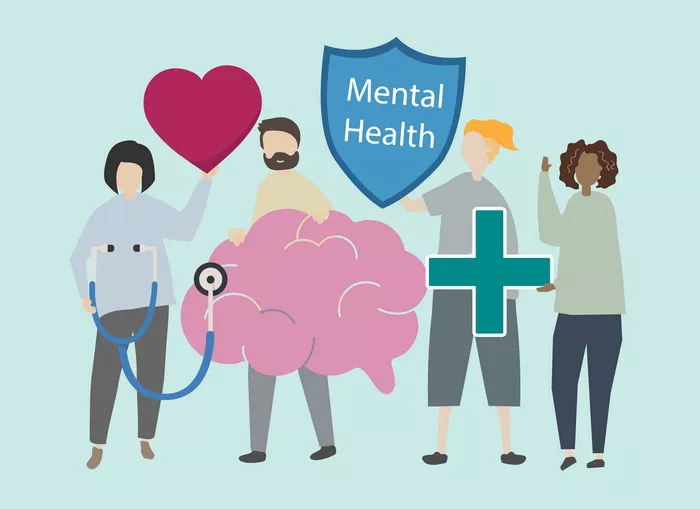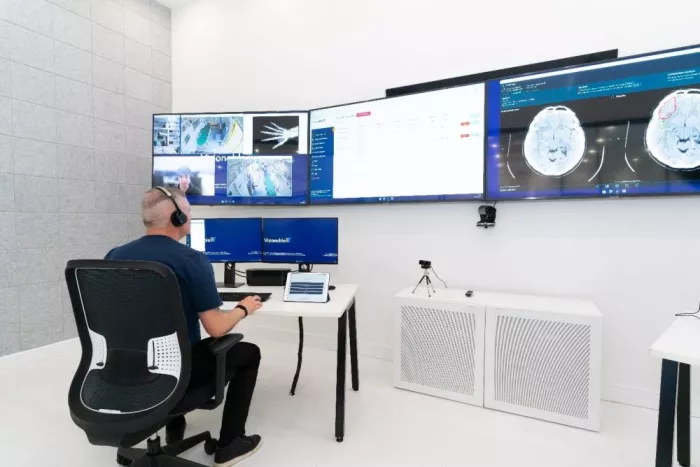In our fast-paced and demanding world, the ability to maintain mental clarity is crucial for navigating the challenges of daily life. Mental clarity encompasses clear thinking, focused attention, and emotional stability. Developing and maintaining mental clarity requires a holistic approach that addresses various aspects of our physical, mental, and emotional well-being. In this comprehensive guide, we will explore practical strategies and techniques to enhance mental clarity, enabling you to optimize your cognitive function and achieve a more balanced and fulfilling life.
Understanding Mental Clarity
Before delving into strategies for developing mental clarity, it’s essential to understand what mental clarity means. Mental clarity refers to the state of having a clear and focused mind, free from mental fog, distractions, and excessive stress. It involves the ability to think critically, make informed decisions, and maintain emotional balance. Achieving mental clarity is not just about having a sharp mind; it’s about creating a harmonious relationship between the mind and body.
Physical Foundations
1. Prioritize Quality Sleep
Quality sleep is the cornerstone of mental clarity. Aim for 7-9 hours of uninterrupted sleep each night to allow your brain to recharge and consolidate memories. Create a bedtime routine, optimize your sleep environment, and avoid stimulants close to bedtime to promote restorative sleep.
2. Nourish Your Brain with a Healthy Diet
The food you consume directly impacts your cognitive function. Prioritize a balanced diet rich in nutrients, including omega-3 fatty acids, antioxidants, and vitamins. Limit processed foods, refined sugars, and excessive caffeine intake, as they can contribute to mental fatigue and hinder clarity.
3. Regular Exercise for Cognitive Fitness
Physical exercise not only enhances cardiovascular health but also promotes cognitive function. Engage in regular aerobic exercises, such as brisk walking, jogging, or swimming, to increase blood flow to the brain. Incorporate strength training to support overall physical well-being.
Mental Conditioning
1. Practice Mindfulness Meditation
Mindfulness meditation is a powerful tool for cultivating mental clarity. Dedicate a few minutes each day to mindfulness practices, focusing on your breath and observing your thoughts without judgment. Over time, this can enhance your ability to stay present and reduce mental clutter.
2. Develop a Thought Journal
Maintain a thought journal to identify recurring patterns, stressors, and triggers. Reflecting on your thoughts and emotions can provide valuable insights into your mental processes, helping you address and manage challenges more effectively.
3. Engage in Continuous Learning
Stimulate your mind by pursuing lifelong learning. Whether it’s acquiring new skills, reading diverse literature, or engaging in intellectual discussions, continuous learning fosters cognitive flexibility and keeps your mind agile.
Emotional Intelligence
1. Cultivate Emotional Awareness
Developing mental clarity involves understanding and managing your emotions. Regularly check in with yourself, acknowledging your feelings without judgment. This self-awareness lays the foundation for effective emotional regulation.
2. Practice Stress Management Techniques
Chronic stress can cloud your mind and impede mental clarity. Experiment with stress management techniques such as deep breathing, progressive muscle relaxation, or yoga. Identify activities that promote relaxation and incorporate them into your routine.
3. Foster Positive Relationships
Surround yourself with positive influences and build meaningful connections. Healthy relationships provide emotional support, reducing the burden of stress and contributing to a more balanced mental state.
Cognitive Enhancement
1. Set Clear Goals
Define your short-term and long-term goals, breaking them down into actionable steps. Clarity of purpose provides direction, helping you prioritize tasks and maintain focus on what truly matters.
2. Embrace Lifelong Learning
Challenge your mind with new experiences and information. Whether it’s acquiring a new skill, learning a language, or exploring a hobby, engaging in continuous learning stimulates cognitive function and prevents mental stagnation.
3. Implement Time Management Strategies
Efficient time management is crucial for mental clarity. Prioritize tasks, set realistic deadlines, and minimize multitasking. By organizing your time effectively, you reduce stress and create mental space for focused thinking.
Conclusion
Developing mental clarity is an ongoing process that requires dedication and a multifaceted approach. By prioritizing physical well-being, engaging in mental conditioning, nurturing emotional intelligence, and enhancing cognitive abilities, you can unlock the potential for clearer thinking and improved overall well-being. Incorporate these strategies into your daily life, and over time, you will find yourself better equipped to navigate the complexities of the modern world with a sharp and focused mind.
[inline_related_posts title=”You Might Be Interested In” title_align=”left” style=”list” number=”6″ align=”none” ids=”4708,4605,4199″ by=”categories” orderby=”rand” order=”DESC” hide_thumb=”no” thumb_right=”no” views=”no” date=”yes” grid_columns=”2″ post_type=”” tax=””]

































